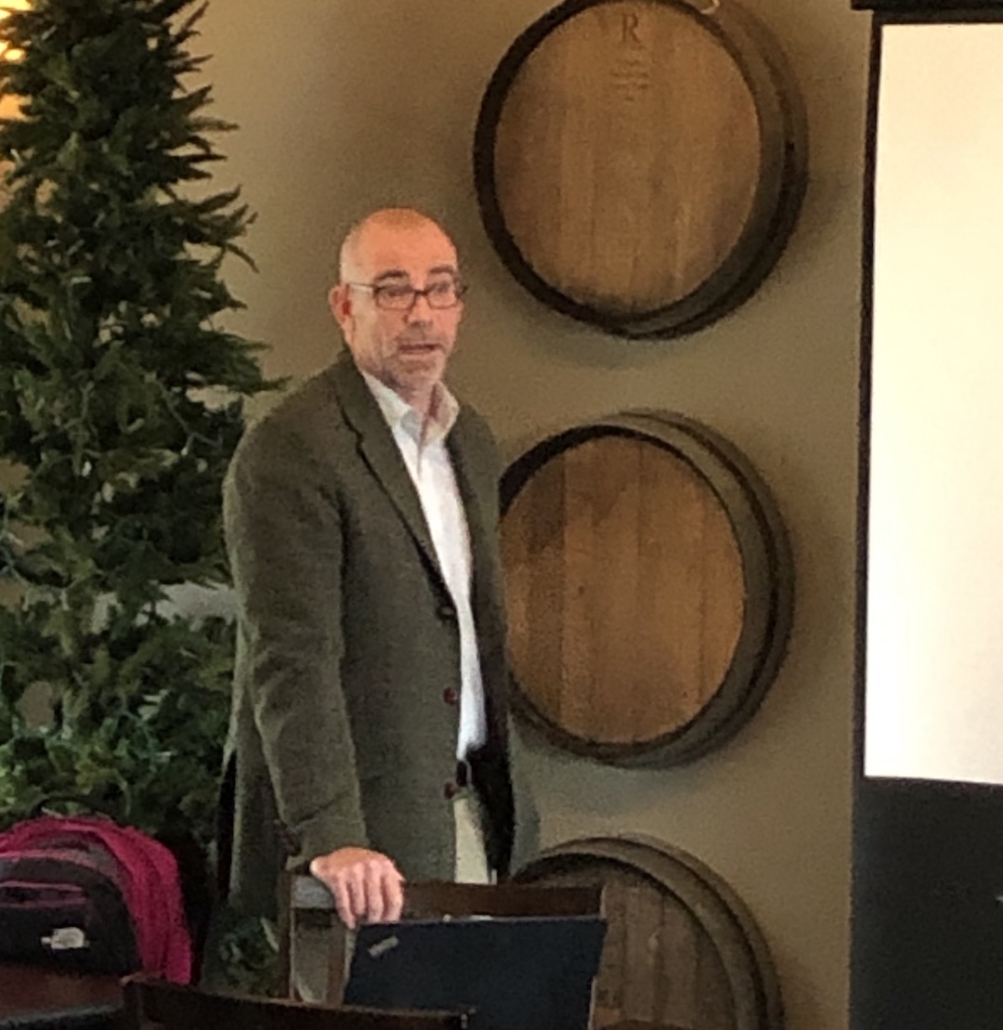Conservation News

Blue Ridge Conservation Alliance Meets To
Further Collaboration
A coalition of dozens of conservation organizations and agencies met December 6 in Clarke County to discuss collaboration on a new community outreach effort supported by the National Park Service’s Rivers, Trails and Conservation Assistance Program (RTCA). Also on the agenda was a preview of potential conservation-related legislation in the 2020 General Assembly session.
The RTCA program supports community-led natural resource conservation and outdoor recreation projects across the nation. Their national network of conservation and recreation planning professionals partners with community groups, nonprofits, tribes, and state and local governments to design trails and parks, conserve and improve access to rivers, protect special places, and create
recreation opportunities.
BRCA was awarded a technical assistance grant from RTCA to develop a strategic plan for the alliance’s collaborative efforts to conserve lands critical to the Appalachian Trail corridor. RTCA regional staff Anne O’Neill will facilitate the BRCA planning effort over the
coming year.
Dan Holmes, policy director for the Piedmont Environmental Council, provided summaries of prospective legislation that could impact land conservation funding, environmental restoration programs, and an array of policies related to clean air and clean water.
The Blue Ridge Conservation Alliance, or BRCA, is a network of partners working to protect the natural, scenic, and historic values of this landscape, and to conserve land, safeguard watersheds, and preserve the historic landscape along the Appalachian Trail corridor and the Potomac and Shenandoah rivers. Its steering committee includes representatives from Appalachian Trail Conservancy, Friends of the Blue Ridge Mountains, Land Trust of Virginia, Loudoun Wildlife Conservancy, Piedmont Environmental Council, Virginia Working Landscapes, and Berryville-based The Downstream Project.
The quarterly gatherings of the Blue Ridge Conservation Alliance are open to anyone interested in the protecting the special character of the Blue Ridge.
Learn more at blueridgeconservaiton.org.
Downstream Project Launches Watershed Protection Initiative
The Downstream Project, the Berryville-based nonprofit communications and creative technology group, is launching a new initiative to help watershed advocates. Water Watch is a citizen engagement program that Downstream designed to connect watershed groups with members. Downstream believes Water Watch will help these groups activate volunteers, measure watershed restoration practices, and alert the public about stream contamination. “Water Watch brings monitoring data to life so that people can see what’s happening to the streams they love and the water they drink,” said Downstream executive director Bill Howard.
Water Watch is built around two cloud-based applications—Water Reporter and Field Doc— developed by Chesapeake Commons. The Commons is a nonprofit organization that creates digital services to help people access, organize, and share data. Water Reporter is a social network for sharing images, observations, and monitoring data; Field Doc creates visual models of how decisions by individual landowners can help clean our streams.
“Monitoring water quality helps keep streams safe,” said Howard. “But data alone won’t drive action if the right people can’t see or understand it. With Water Watch, Downstream wants to turn data into stories.”
Learn more at
TheDownstreamProject.org.









